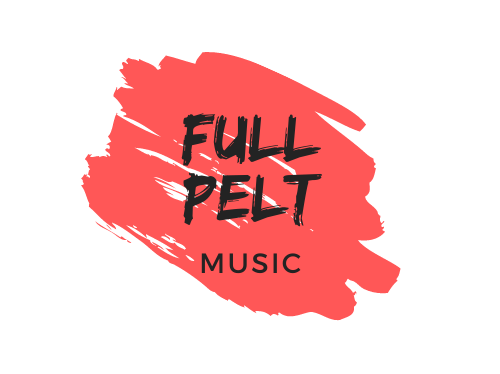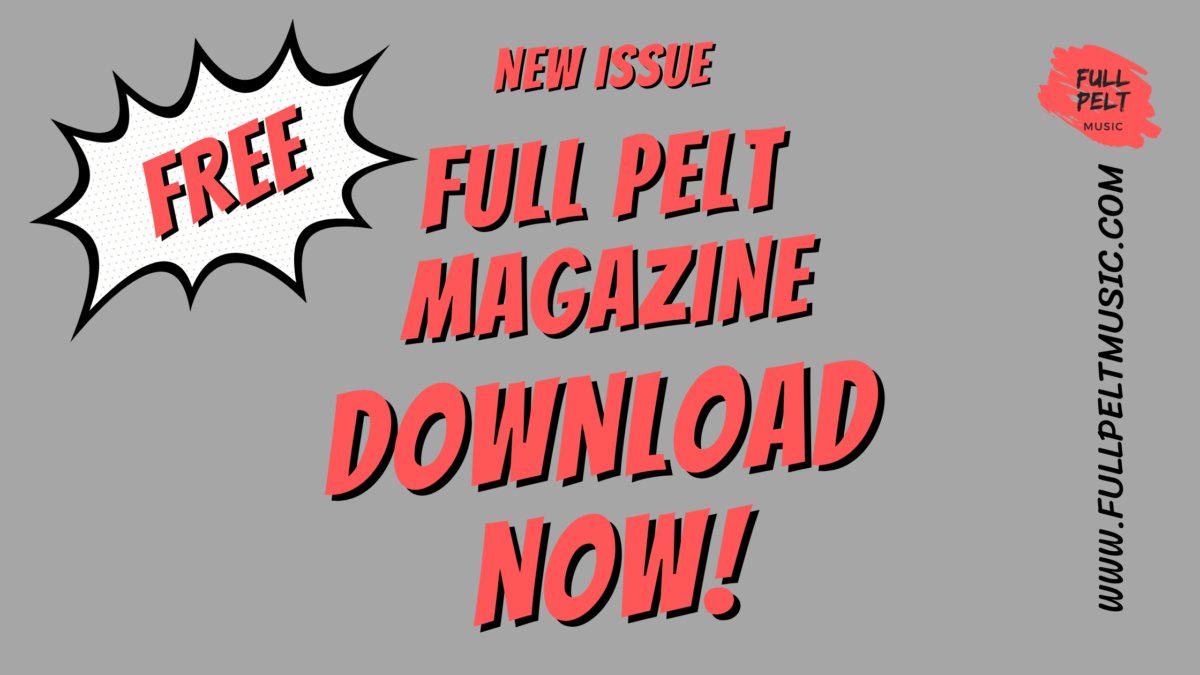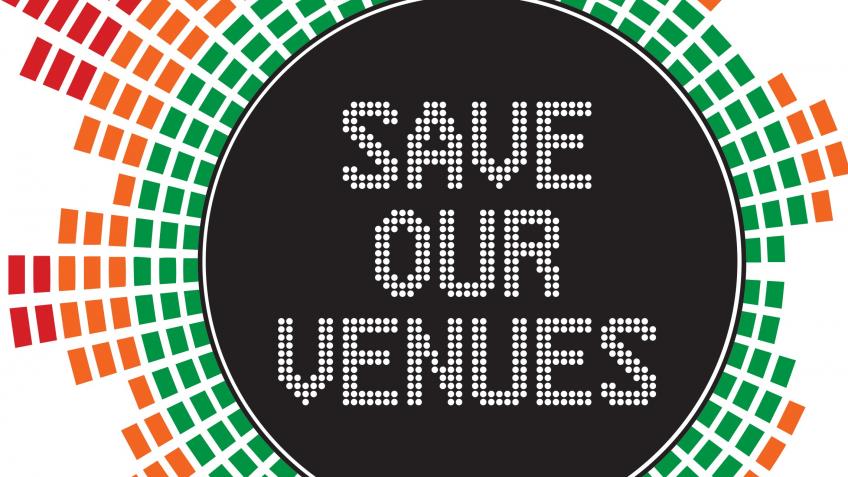If you read my last blog ‘Mental Health, Music and Me’ then you know that I place a great deal of dependence on music, and in particular live music. The live entertainment industry provides a release to millions of people.
There is a famous song that says…
Workin’ 9 to 5
What a way to make a livin’
Barely gettin’ by
It’s all takin’ and no givin’
They just use your mind
And they never give you credit
It’s enough to drive you
Crazy if you let it
Dolly Parton
…and she’s right. Life is tough and we all need something to distract us, or we will go crazy. For some it’s a hobby, for many it is supporting a sporting team and for millions of people its live music.
The coronavirus pandemic has affected every person and every industry in varying ways. For the live music industry it has had disastrous consequences. For the vast majority of people employed in this industry there is no option to work from home and little financial support. Whilst some may qualify for furlough, a large group of freelancers and zero hour workers have been forgotten. People are having to change career in order to be able to live and this opens the very real possibility that if/when venues reopen they won’t have the staff to operate.
You may think that is an exaggeration, but consider the specialist skills required to operate the various technical requirements for a live show. It’s the invisible crew behind the scenes that make the shows happen and these skilled workers will be hard to replace. You can find out more by heading to www.wemakeevents.com.
This alone is a major threat to the future of an industry that contributed £5.2 billion to the UK economy in 2018. Sadly even that concern may be irrelevant however, if there are no venues left to host events. Yes, you are right, large venues like the O2 Arena in London are unlikely to disappear, but huge arenas are the tip of the iceberg. The live music industry is cultivated by its grassroots venues.
These largely independent venues provide the foundations of the live industry. If these foundations are rocked hard enough, for long enough, then the whole house will come down. The sad reality is that many of these venues were facing significant challenges prior to the pandemic. That’s why the Music Venue Trust had to be founded in 2014 to support and champion these venues.
Since the first national lockdown took hold, the Music Venue Trust has put in a superhuman effort to help to save these venues. The Music Venue Trust has launched the #SaveOurVenues campaign and they have been at the forefront of fundraising efforts to help to protect our grassroots infrastructure. Well over 500 venues have been recognised as under threat since April, and there are presently 30 venues on the trusts ‘Red List’. Part of a traffic light rating system for venues, ‘Red List’ venues are regarded as at imminent danger of permanent closure.
You can help #SaveOurVenues by donating to the trusts current fundraiser (www.crowdfunder.co.uk/save-our-venues-red-list).
Here you can donate either to an individual venue or the overall campaign. These venues need our help, and if we want to be able to head straight to a gig when safe to do so, we need to act now!
So, why do we need to #SaveOurVenues?
As discussed, millions of people rely on these venues for entertainment or employment. These venues are of immense cultural and economic importance, and simply put, if they close they won’t reopen. One of the biggest threats to these venues under normal circumstances is developers buying venues from landlords and building new flats in their place. It can’t be assumed that if a venue closes it will ever reopen and therefore we must protect these cultural landmarks before it’s too late.
If we look at the bigger picture, not all major artists shoot to fame via a TV talent show. Most artists start out playing to virtually nobody in the back room of a pub before slowly climbing the ladder to larger venues. It’s during this time that bands and artists get to hone their craft and earn their stripes. Consider it a rite of passage. Ed Sheeran, Adele, Radiohead, even The Beatles all started their careers in these venues.
The collapse of the affectionately known ‘toilet circuit’ would have catastrophic effects on our future stars. It would stifle many artists before their breakthrough moment. It would also repress an avenue of influence on young people. How many artists were motivated to pursue music after witnessing their favourite artist pass through town?
A very stark fact is that the closure of these venues will have an unfair effect on the lowest earning members of society. We can’t all afford to travel to other cities or pay for high priced tickets. For some, bands passing through local venues is their only opportunity to enjoy live music. To see these venues close could have harmful effects on entire communities.
There are very real, very serious consequences of our venues closing; consequences for people, for businesses and for the entire music industry. The music industry by its very nature is creative and I will look at the rise of livestreams in my next blog; but for this industry to rise and hopefully thrive post-pandemic, we need to #SaveOurVenues!
How can you help?
You can learn more about the issues facing our venues at the following links:
Save Our Venues
Music Venue Trust
Independent Venue Week
We Make Events
You can donate to the cause:
Save Our Venues National Campaign
Save Our Venues Red List
You buy merchandise to support the campaigns:
Save Our Venues Merchandise
We Make Events Merchandise
You can also write to your local MP about the issue:
Write to my MP
Finally, spread the message! Tell your friends and family, head onto Social Media and encourage others to get involved in the campaign and together we can #SaveOurVenues!


